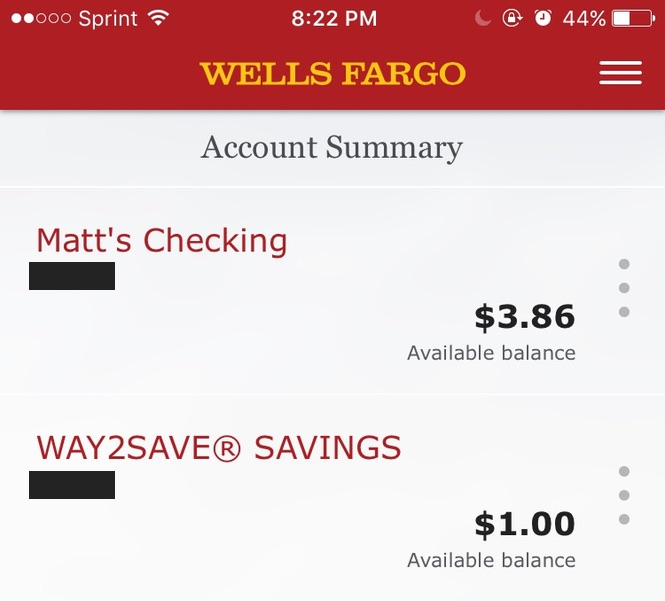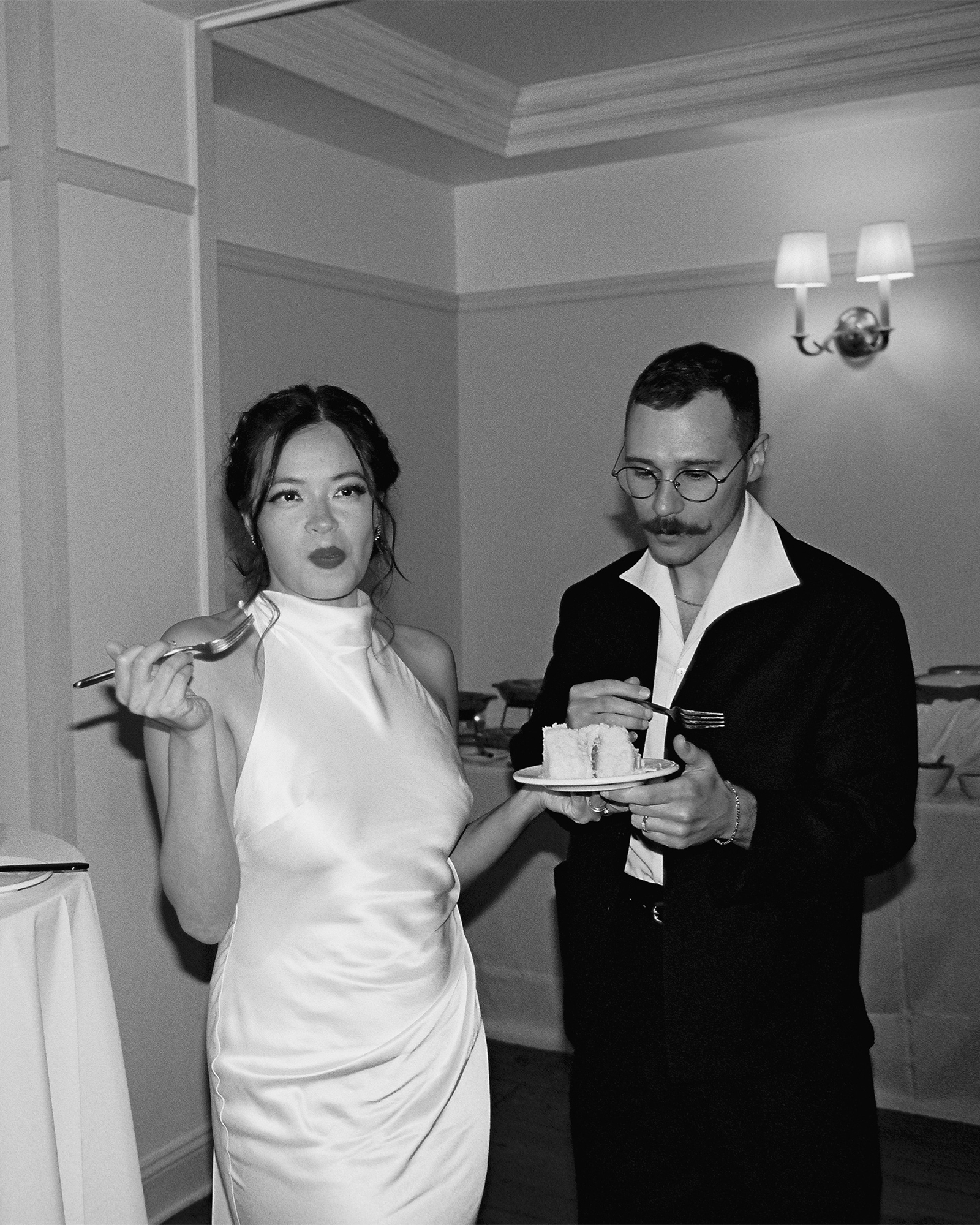Salary
Here’s a look at my salaries over the years. “Why?” you might ask. Well, there are very evident and measurable wage gaps which occur across genders and race.
While it may not be a solution, one way that I think we can start to combat that is by being more transparent about money and our history of money.
Being secretive about our pay only protects employers and provides the silence needed for wage gaps to flourish, and for generational wealth to go unchecked.
While I do think if this were adopted larger across the industry it could serve as a useful tool for gauging industry standards, I also understand that salaries and wages can drastically differ based on location, company size, and company income/profitability.
I suspect this would be most useful (and relevant) within organizations to see how salaries stand against each other within a company—that’s really where wage gaps are revealed.
This is structured chronologically in order to give a linear look at my salaries over the years. Admittedly, a list of salaries on their own isn’t incredibly helpful so I have included a bit of life context from year to year (where applicable) to help paint a fuller picture.
This starts when I went to college, but if you are interested in more of my upbringing, more can be found on my about page.
Savannah College of Art & Design
Undergrad
From 2012 to 2016, I attended the Savannah College of Art and Design (SCAD). At the time I did not have any parental financial support, and was forced to drop out of school after one quarter as I could not pay the tuition. The debt that I owed to the school (which I estimate to have been around $7,000–9,000) was eventually paid off by an inheritance my mother received after her father died.
I returned to SCAD the next year with the help of an athletic scholarship, and took out Federal student loans to cover remaining tuition costs, housing, food, etc. And by the next year my athletic scholarship covered all of my tuition.
Outside of my scholarships, I relied on a mixture of student loans and freelance work to pay for housing, food, and school supplies. I graduated college with $29,167 in student debt—not the worst* given tuition was north of $50,000/year.
*Don’t worry, I’m not a capitalism apologist.
Twin Forrest
Designer
This position operated akin to freelance (paid by the project with no set salary or wage) which, to be clear, is what I signed up for.

Prior to moving to NYC, this was the state of my bank account. But my brother and I were moving together which made things easier. While he flew up, my dad and I drove all of our stuff up from Florida.
To secure a place, I relied on my brother (who was freelancing at the time) to pay the security deposit, and I paid him back once I was getting a regular paycheck. I also cannot confirm nor deny if I photoshopped a bunch of bank statements in order for someone to accept our lease application.
Louise Fili Ltd
Designer
I didn’t negotiate this at all. I was fresh out of school, excited to have landed a dream job position, and far too nervous to ask for more. In terms of benefits, only half of health insurance was covered, and it did not include dental. I had asked about relocation compensation but Louise wasn’t able to accomodate that.
The most common question I get about my salary during this time is simply, how did I survive in NYC on this? I moved to Brooklyn with my brother and his girlfriend so thankfully living expenses were split three ways. We found a two bedroom apartment in Bushwick, and I was paying $800/mo for rent.
Louise Fili Ltd
Senior designer
Freelance
Louise Fili Ltd
Senior designer
Freelance
Working full time and freelancing on the side was taking a toll on me, so I largely stepped away from it halfway through 2019. Any freelance work from this point on is mostly funneled through Morning Type.
My partner (Kara) and I moved in together a month or so into the pandemic, and my rent/expenses nearly doubled.
Louise Fili Ltd
Senior designer
We introduced a SIMPLE IRA account with up to 3% matching.
Morning Type
Founder
At the beginning of 2020, I officially founded Morning Type—a place for my independent type practice.
Between start-up costs, being busy with my full-time job, and of course the pandemic, Morning Type ended up losing money in it’s first year. Here’s to making the next one more profitable!
Finances are transparently documented here.
Tipofili
Partner
A year prior, Andy and I presented a couple of new business ideas to Louise, one of which was a standalone type foundry. The ideas were tabled for a little while and then the pandemic hit. As many studios saw work inquires decline and project scopes shrink, we reflected on what the future of the business looked like.
In 2020 we officially formed Tipofili, a complementary type foundry to Louise’s studio where all three of us serve as equal partners.
We didn’t take any salary for the first two years while we were building Tipofili.
Kara and I moved again because she was in a position to try buying an apartment, and so she did!
We ended up moving fairly deep into Brooklyn to find a place we could afford, and wildly enough our monthly mortgage payment is less than what we were paying for rent previously.
Louise Fili Ltd
Associate parner
Morning Type
Founder
Finances are transparently documented here.
Tipofili
Partner
We didn’t take any salary for the first two years while we were building Tipofili.
Louise Fili Ltd
Associate parner
In August, I sat down with Louise and told her that I was planning to move on from the studio. I had come to play a large role in the studio and rather than giving Louise the “standard” 2-week notice, I actually gave her an 8-month notice. This allowed both of us to plan accordingly, and made the transition smooth.
Morning Type
Founder
Finances are transparently documented here.
Tipofili
Partner
In May we finally launched, and only paid ourselves out minimally after the fiscal year to keep money in the bank for future projects and to continue building the business.
This was a hectic and stressful year from the beginning. Kara was in the midst of a career change—transitioning out of the design industry and into a full time grad student—and I was actively looking for a new job that could support us both as we became a single income household.
Oh, and we were planning our wedding!

Prior to getting married, Kara was dipping into her savings to continue help paying for half of our expenses. Post wedding, once I had a bit more footing financially, I started taking on the bulk of our expenses.
Louise Fili Ltd
Associate parner
In the beginning of the year I received a 10% cost of living raise, and I officially wrapped my time at LFL in the middle of April.
Worth clarifying that $71,500 is indicative of my salary, not what I made in 4.5 months.
High Tide
Senior designer
If I remember correctly, I was originally offered $100,000 or $105,000, but I had an offer from another studio that was $120,000 which I used to negotiate it up.
Morning Type
Founder
Finances are transparently documented here.
Tipofili
Partner
High Tide
Senior designer
Morning Type
Founder
Finances are transparently documented here.
Tipofili
Partner
This year Kara began her PhD, and we finally went on our honeymoon!
We went to Kenya and Zanzibar which was amazing, and equally as expensive. I don’t have an exact number on hand, but we probably spent over $20k all in. Given I wasn’t really able to contribute anything financially to our wedding, this was the most amount of money I had ever spent on anything in my life.

We did earn $5k in Delta flight credit a year or two prior when we gave up our seats on a flight down to Charleston during Memorial Day weekend. (We got on a flight a few hours later and still made it to our dinner reservation on time.)
Needless to say, that was extremely helpful in paying for our flights.
High Tide
Associate design director
Morning Type
Founder
I published a massive update to the Type Foundry Directory in July which included to the introduction of nameplate sponsors to help offset the ongoing costs of the project.
Finances are transparently documented here (although I still need to punch the numbers to calculate the end of year total).
Tipofili
Partner
High Tide
Associate design director
Morning Type
Founder
Finances are transparently documented here.
Tipofili
Partner
If you made it to the bottom, and found this valuable, maybe consider adding a /salary page to your website? I dream of a day where these become as normal as /now pages. Right now, the only other person I know doing this is Dan Mall.